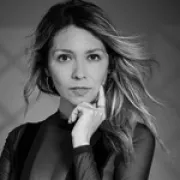On the quest of finding photographers that can connect with their subjects on a deeper level, I remembered my former classmate, Bettina Pittaluga (@bettinapittaluga). She's one of the last ones that's still here in Paris, like me. She has skyrocketed in the past few years and is internationally recognized for her beautiful and intimate moments captured on film. She had a moment to catch up with me and speak about her work.
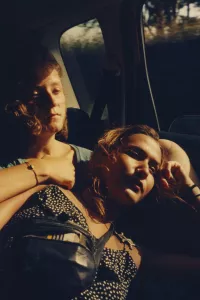
FFU: Thank you so much for taking the time to speak to us. Could you tell our readers about your start?
BP: I was 14 when I was first introduced to photography. My uncle gave me his film camera and I instantly wanted to know how it worked. At that time, I was living in a small town in the south of France. Every week after school, I learned how to develop my own black & white shots in a dark room that was made available by the local council. I started taking pictures 24/7, captured my family, my friends and anything really that caught my attention.
'Why I like photography' is a tougher question. I can stay drowned in something I find beautiful for a long time. I think photography is what allows me to preserve that emotion. I know I can go back to it by looking at the picture and still be in the present moment.
© BETTINA PITTALUGA
FFU: Was there a turning point for you, your "big break"?
BP: I think my big break came from the support of Alessia Glaviano, head of global PhotoVogue, at Vogue Italia.
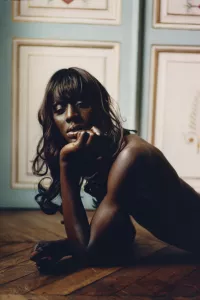
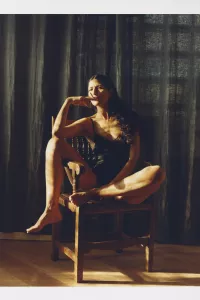
FFU: You told me once you were not "in" the Paris scene and you had to pierce it. How did you manage to do it?
BP: A lot of personal investment, a lot of content, and with the mix of all the side jobs I've been doing for the last 16 years, my network has started to ask me for photographic commissions.
© BETTINA PITTALUGA
FFU: This is wonderful, I'm so happy to hear that, because getting into any scene as an outsider is so hard, and you did it. Your portraiture is often described as 'vulnerable', do you agree and how would you describe your own work?
BP: If vulnerability is understood as a weakness, then I would say no. Because when intimacy is shared and when it is chosen to be given, it is a strength. Sincerity, authenticity, honesty, reality is for me the greatest strength, as much as benevolence, generosity and love.
FFU: That's precisely what I think people mean when they say vulnerable in this case: allowing ourselves to be seen without masks, no filters, willing to show ourselves as we are regardless of anything else. I think the way you described it expresses that perfectly.
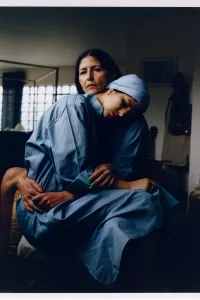
It's always different, it's always a dialogue. Maybe it's because that's what I always need to connect with the other, with or without my camera.
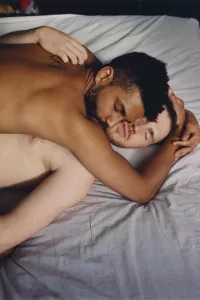
FFU: What is your process when you create your portraiture, how do you evoke these intimate moments with your subjects?
BP: There is no process, it's always different, it's always a dialogue. Maybe it's because that's what I always need to connect with the other, with or without my camera.
© BETTINA PITTALUGA
FFU: How is feminism a part of your work?
BP: My commitments can never be detached from my work.
FFU: You also work in fashion, how are you advocating feminism in this industry?
BP: I defend it as much as I can, which means that I only work with subjects and stories that defend my convictions, and especially that do not go against them.
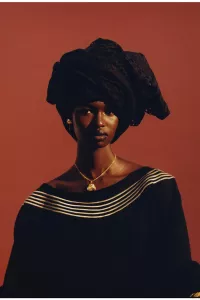
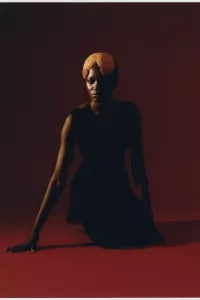
FFU: Any last words or advice for our readers?
BP: Don't be afraid to do, and don't be afraid to make mistakes!
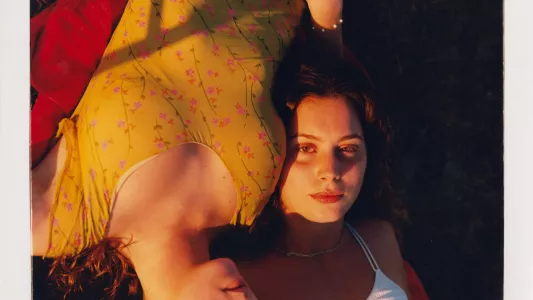
Bettina Pittaluga is a French-Uruguayan photographer currently based in Paris. A former sociology student with a background working as a reporter, Pittaluga's work focuses on giving a voice and visibility to those who are not or too little represented. Clients include: Vanity Fair, M Le Monde, Sezane, Marie Claire, Pressure Clothes, Arista France, Paulette, Naive Records, Believe, Universal, Boukan Records etc.









